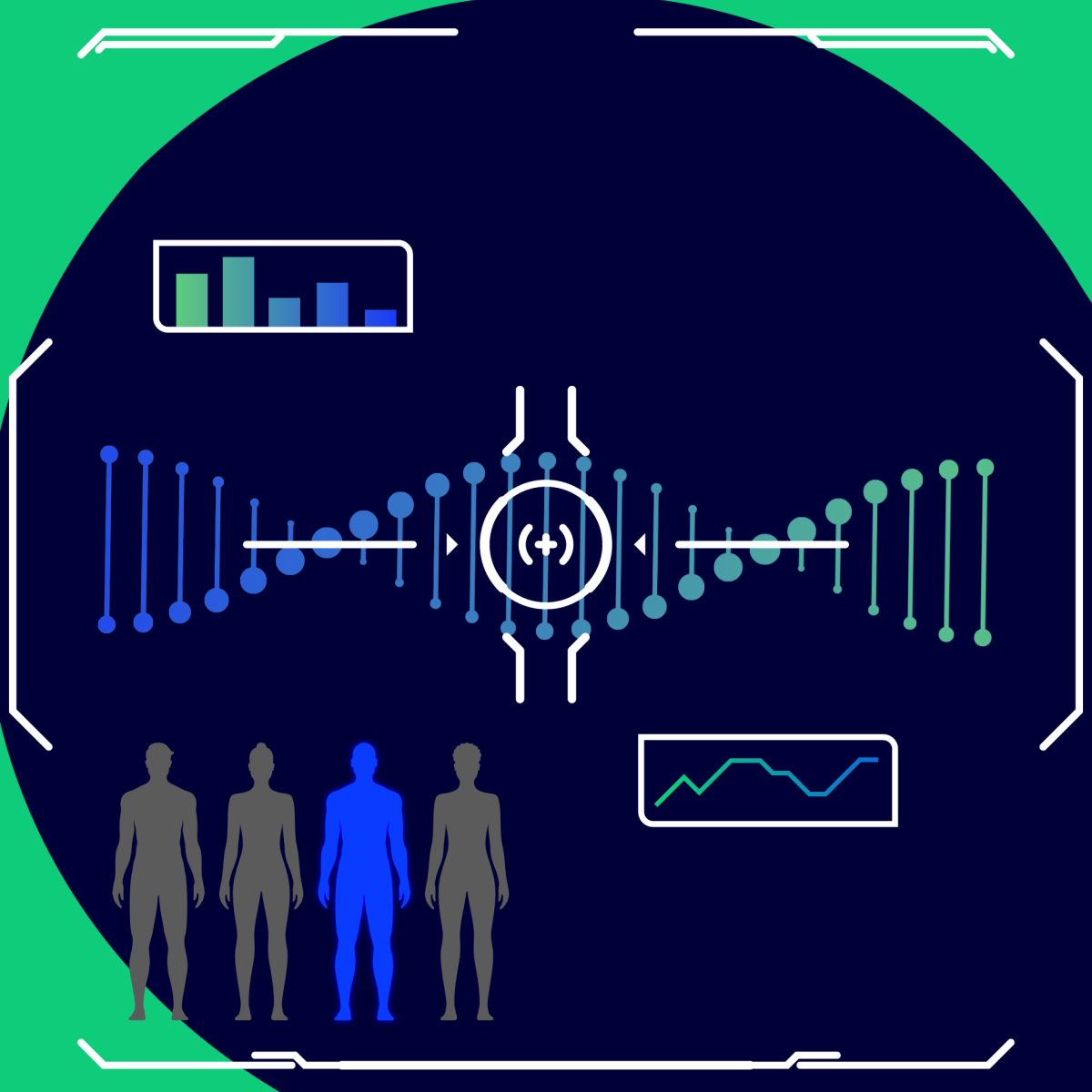
Personalized medicine, also known as precision medicine, is an approach to healthcare that tailors medical treatments to individual patients. This approach takes into account the patient's genetic makeup, environment, lifestyle, and other factors to develop a treatment plan that is most effective for their unique needs. The goal of personalized medicine is to improve healthcare outcomes by reducing the risk of adverse reactions to medication and providing treatments that are more effective for individual patients.
One of the key advancements in personalized medicine is genetic testing. Genetic testing allows healthcare providers to analyze a patient's DNA to identify genetic mutations that may contribute to the development of certain diseases. By identifying these mutations, healthcare providers can develop personalized treatment plans that target the specific genetic factors that contribute to the disease. For example, some cancer treatments are now being developed based on a patient's genetic makeup, with therapies targeted specifically to the genetic mutations driving the cancer.
Another area of personalized medicine is pharmacogenomics. Pharmacogenomics is the study of how a patient's genetic makeup affects their response to medication. By analyzing a patient's genetic profile, healthcare providers can determine which medications are most likely to be effective and which medications may cause adverse reactions. This information can help healthcare providers to develop personalized treatment plans that are optimized for each individual patient.
Advancements in digital health technology are also contributing to the growth of personalized medicine. Wearable devices and mobile health apps can collect data on patients' health status, allowing healthcare providers to monitor patients remotely and provide personalized treatment recommendations. For example, a patient with heart disease may be given a wearable device that monitors their heart rate and blood pressure, providing real-time data to their healthcare provider who can adjust their treatment plan accordingly.
Finally, machine learning and artificial intelligence are being integrated into personalized medicine to provide more accurate and personalized treatment recommendations. AI algorithms can analyze large amounts of patient data to identify patterns and potential treatment options, providing healthcare providers with valuable insights that can inform treatment decisions.
In conclusion, personalized medicine is an exciting area of innovation in healthcare, and the advancements in genetic testing, pharmacogenomics, digital health technology, and AI are contributing to its growth. By tailoring treatments to individual patients, healthcare providers can improve healthcare outcomes and reduce the risk of adverse reactions to medication. As these technologies continue to evolve, we can expect to see more effective, personalized treatments for patients around the world.
